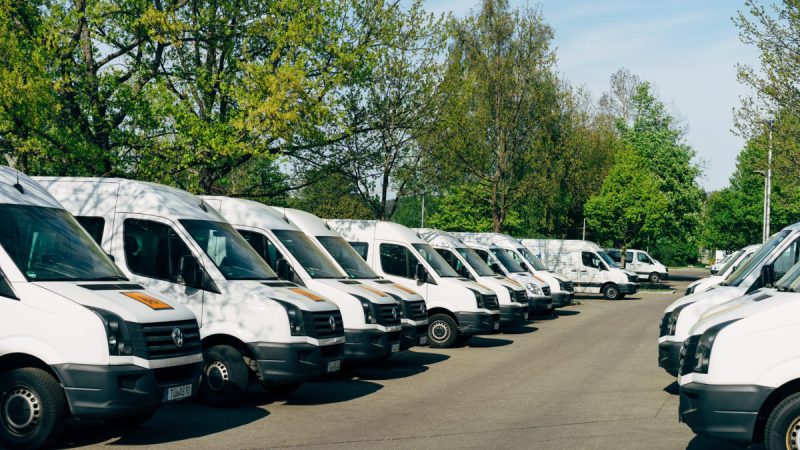Tips for Improving Security at Your Small Business

If you’ve managed to start a business or keep your doors open during the COVID-19 pandemic, congratulations! You’ve made a great leap. Now that the hard part is almost over, it’s time to start thinking about security.
One of the many things business owners have learned during the pandemic is that it’s important to have a contingency plan for any emergency or crisis. It’s one of the keys to staying resilient and sustainable.
Like a global pandemic, security concerns like theft, ransomware attacks, and break-ins can hurt your business. The damage may not be as big or severe, but these incidents could cause your business to shut down. And business interruptions, even temporary ones, can have a huge impact on your bottom line.
But unlike the pandemic, security threats are easily preventable, and you can take control of the situation by having a comprehensive security plan that encompasses many aspects of your business.
So without further ado, here are some strategies to help you enhance security at your small business:
Keep your alarm system in tip-top shape
Having a robust alarm system plays a huge part in deterring malicious individuals. To ensure you don’t attract intruders and burglars, have your alarm system regularly checked, tested, and upgraded whenever necessary. If even one feature doesn’t work, like one of your CCTV cameras isn’t working, take the time to book an alarm system repair service as soon as possible. When it comes to break-ins and thefts, it’s best to stay vigilant, no matter how safe and peaceful you think your area is. It’s also wise to have high-quality doors and windows with locks as the first line of defense.
Designate computer access levels
Human error plays a big role in most cybersecurity attacks, so it’s important not to allow your staff to attract cybercriminals, albeit unintentionally. To make your computer systems and network less vulnerable, limit their access to more sensitive files, folders, and software. If possible, avoid sharing credentials and use tools like LastPass, so they can access software without knowing the login credentials. Keep your employees from doing unnecessary or non-work-related browsing or software use.

Train your employees
Security is not just a policy, but it should also be part of your culture. To build a culture of security, you must train your employees continuously. You can have period audits of your security policy and check if your staff is following it religiously. If not, consider hiring a third party to talk about the importance of security. Make sure to get their buy-in so that they feel like it’s also their responsibility to ensure your business’s security.
Have an emergency plan
During an emergency, like a fire, earthquake, typhoon, riot, or anything that could expose your business to security threats, it’s important to have an emergency plan ready. If you keep sensitive files like customer information and bank statements in your office or store, how do you get them out and make sure they don’t fall into the wrong hands? If your place of business gets into a hostage situation or shooting, what should your staff do to ensure their safety? These are the things you should take seriously and prepare for.
Provide adequate lighting
Most criminal activity occurs at night when the streets are dark and less crowded. If you turn off all the lights around your place of business at night, it’s like you’re giving burglars and vandals the express lane. Make sure to provide adequate lighting even when your store is closed. This way, intruders won’t feel too confident and at home.
Hire office/store security
If your store or office is in a sketchy neighborhood or a low-traffic area or if you run a kind of business that’s likely to get robbed or broken into, it may be wise to hire security, especially at night when the store is closed. While this might be unnecessary for some businesses, it can be a good countermeasure to break-ins.
Create a business continuity plan
In addition to having burglar deterrents and cybersecurity measures, it’s also crucial to have a business continuity plan. It should be comprehensive enough to cover all sorts of natural and artificial disasters. Your employers should also have a firm grasp of your BCP as they will be the ones to execute it.
Security should be a top concern for small businesses. Some owners think that criminals only go for the big guys, but that is not true. In fact, there have been countless businesses that have shut their doors permanently due to cybercrime attacks and burglaries.




